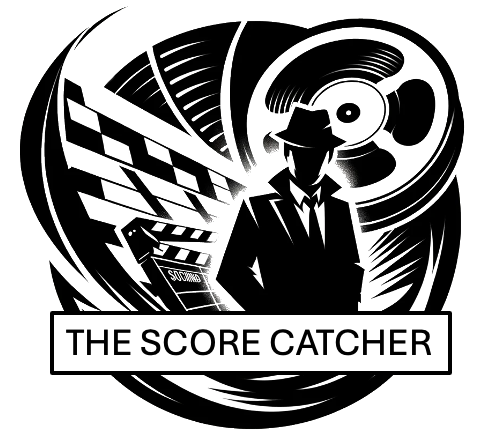Saturday, BBC2, 6:30pm
Joe Wright’s Darkest Hour (2017) is less a war film than a concerto of words, with Gary Oldman’s Winston Churchill conducting a symphony of defiance. Set in May 1940, as Hitler’s forces sweep across Europe, the film charts Churchill’s embattled first weeks as Prime Minister, culminating in his legendary “We shall fight on the beaches” speech. Oldman’s performance is a masterclass in transformation, disappearing beneath layers of prosthetics and gravitas to deliver Churchill not as a mere caricature of bluster but as a man at once formidable and fragile, lionhearted yet wracked with doubt.

Visually, Wright’s direction revels in the claustrophobia of wartime politics—shadowy, smoke-filled rooms, subterranean war cabinets, and the unrelenting glare of power. Bruno Delbonnel’s cinematography casts Churchill in a chiaroscuro of history, accentuating his isolation against the monolithic forces of both Parliament and the enemy abroad. Yet it is Dario Marianelli’s score that truly elevates the film’s emotional core, its swelling strings and urgent piano motifs echoing the great statesman’s rhetorical cadences. The music is not merely accompaniment but a partner in persuasion, underscoring Churchill’s speeches as both historical artefact and grand theatrical performance.
The film takes liberties, of course—most egregiously in its fictitious “ordinary people” scene on the London Underground, where Churchill canvasses public opinion with all the subtlety of a stage play. Yet Darkest Hour thrives not on strict historical precision but on the drama of leadership in crisis. It is a portrait of language as a weapon, of speech as strategy, and of a man who, in his nation’s bleakest moment, turned words into war cries.
- Tom Hanson
